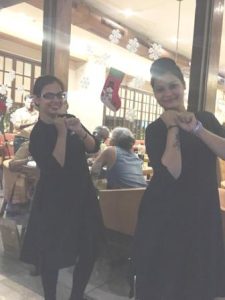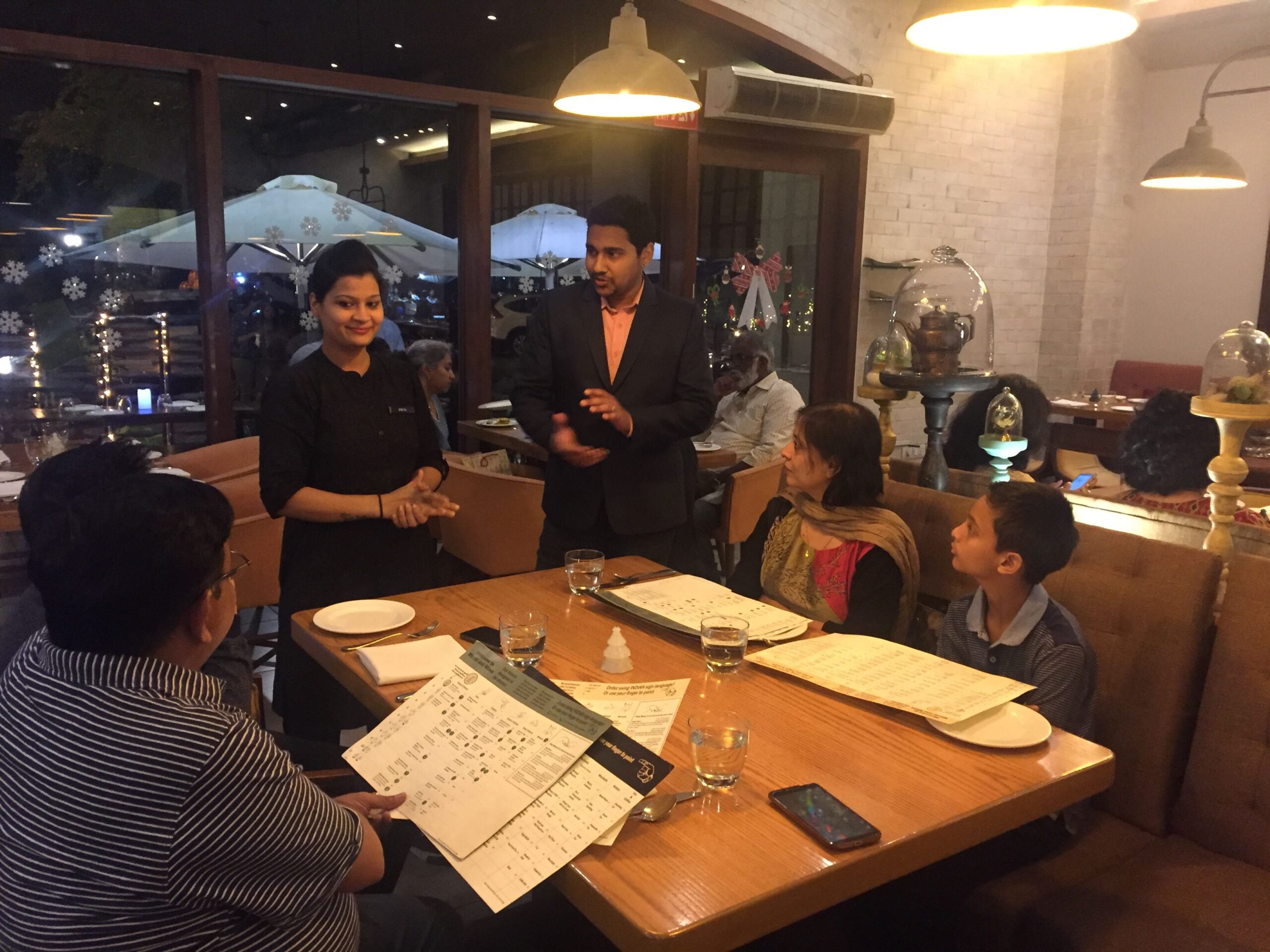Hearing loss affects a high percentage of society. It may be due to diseases effecting middle ear or inner ear, may be congenital, age related or due to noise exposure. Various social and economic losses incurred by such individuals, laws and programs to help such persons are made from time to time. They have rights and duties.
In India, 63 million people (6.3%) suffer from significant hearing loss. The National Sample Survey (NSS) 58th round (2002) surveyed disability in Indian households and found that hearing disability was 2nd most common cause of disability and top most cause of sensory deficit. In urban areas, loss was 9% of all disability and in rural areas, it was 10%. Depending upon the extent of a person inability to properly, the degree of hearing disability was ascertained it was estimated that the number of person with hearing disability per 100000 persons was 291; it was higher in rural (310) compared with urban regions (236).
As part of corporate social responsibility, one of the aims is to create a balance with profit, planet and people. Corporates provide a platform for the social upliftment of the society. Although not entirely CSR, a restaurant in Mumbai, Mirchi & Mime has employed 27 speech and hearing impaired individuals as waiters and waitresses. They have been supported by Dr.Reddy’s Foundation for the training program with the recruits. The restaurant is the brainchild of its owners, Prashant Issar and Anuj Shah, who took inspiration from Signs Restaurant in Toronto that has a similar service concept. “There were two values which we applied, wealth for society along with wealth for self. Integrity and communication is greater than capability and skill. This is important when we see the large gap between the server and customer; due to apprehensions of subservience.” says Prashant Issar while talking to The CSR Journal.
Initially people believed them to be too aspirational when they approached hearing schools. Most parents too had a problem. To create a level playing field, a tutor was hired and an intensive eight weeks training programme was designed. This allowed a common lexicon for the team and a base for future employees.
The first step began at a job fair exhibition where about 100 applications were received the next day. In turn, Mirchi & Mime has managed to open one restaurant in the first year, 5 in the second year and 15 in the third year. In order to provide financial independence, ESOPS have been offered along with appraisals and promotions for the employees. The sense of working at a place you own automatically increases the involvement and is just the right motivational boost. This personalisatioin has kept the attrition rate at 7% compared to an industry average at 60%-70%.
45% of India’s disabled population is illiterate, according to Census 2011, compared to 26% of all Indians. Of persons with disability who are educated, 59% complete Class X, compared to 67% of the general population. It has been 22 years after the Persons with Disabilities (Equal Opportunities, Protection of Rights and Full Participation) Act was passed.

Inclusivity is a big talking point. Along with all the laws and provisions laid out for them, sensitizing the community is very crucial. Each one is gifted in their own way. Reducing the gap of discrimination and being patient will witness the unexplained beauty of the differently abled.
Among children with special needs, as many as 44% of children with more than one disability are out of school, and children with mental (36%) and speech (35%) disabilities are more likely to be out of school than those with other kinds of disability.
Pampered a little more by parents, they are overtly sensitive and emotional behind the scenes. They love junk food, cakes, pizzas just like you and me. But in order to maintain decorum during services, a regular Friday meeting is held, to resolve any internal behaviour issues, groupism, etc. Prashant Issar, Co-owner says, “We were taking a new product into an exisiting market. But Mirchi & Mime became a growing venture and is running on its own. Social enterprises can be a business if the integrity of purpose is sustained through the life of the business. It is important to bring to the forefront how the other half live.”
A higher percentage of children with hearing disability, orthopaedic/locomotive disability and visual disability go to school, with only 20%-30% failing to do so, according to a 2014 United Nations Educational Scientific and Cultural Organisation report.

A visit to the place made me realise that emotional passion in the differently- abled employees, is truly visible in their passionate way of serving and patience with the customers while interacting. An intrinsic feeling of satisfaction is contagious and in all honestly is welcomed during the course of the meal. The feeling dwells on you and it evolves, hoping that more restaurants and business corporations will open up and provide these specially-abled individuals an opportunity to work the same way as any other ordinary person in this world.
Thank you for reading the story until the very end. We appreciate the time you have given us. In addition, your thoughts and inputs will genuinely make a difference to us. Please do drop in a line and help us do better.
Regards,
The CSR Journal Team


